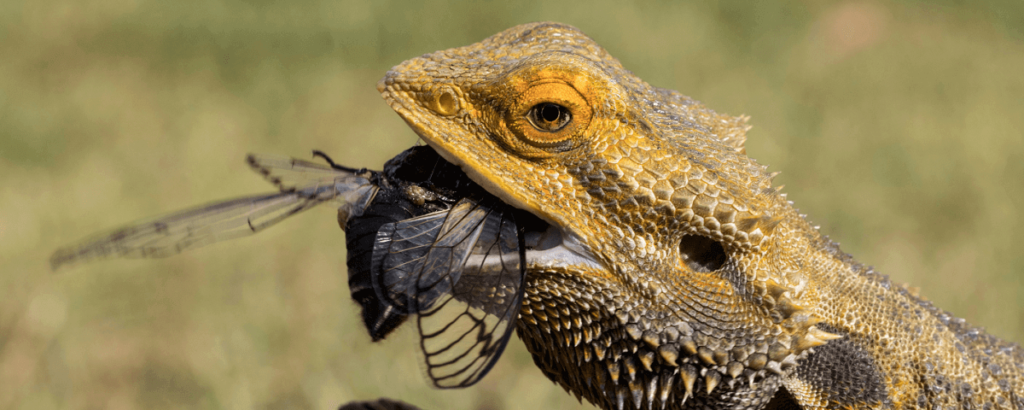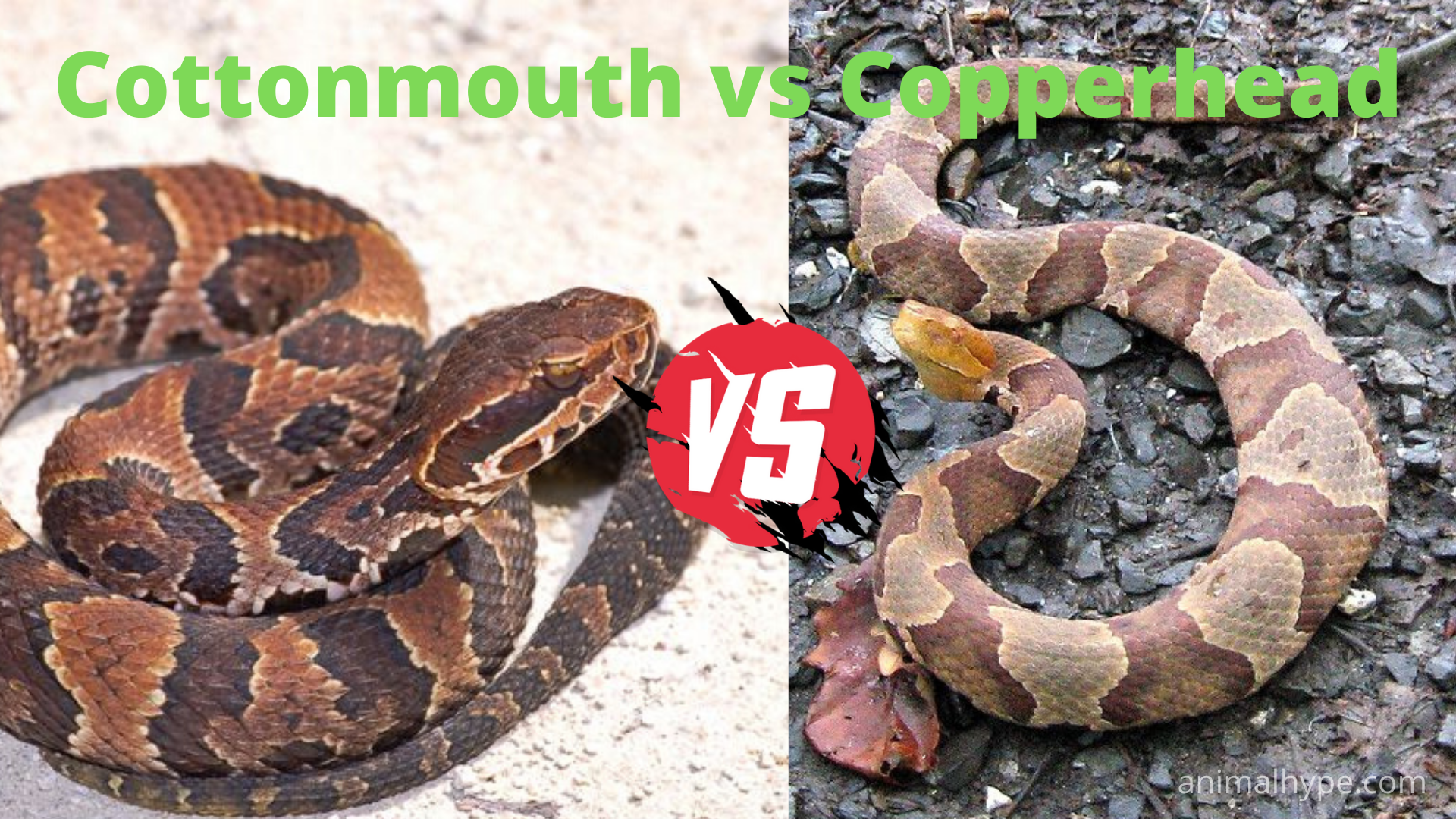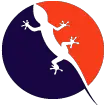Many questions need answering when it comes to the bearded dragon diet faqs. Can they eat bananas? How do you know what to feed them in the first place? What about supplements and vitamins? We have compiled 26 most asked questions about Bearded dragons’ diet and here are their answers for you!
What do I feed my bearded dragon?
This is probably the most asked question when it comes to the bearded dragon diet, and unfortunately, there isn’t really a straightforward answer. In general, you should aim to feed your Bearded dragon a variety of different foods that include crickets, roaches, kale leaves, collard green, blueberry, blackberry, etc.
Diet is an essential part of a bearded dragon’s life. It helps them to grow healthy and strong. For a detailed guide on the Bearded Dragon diet, Read this blog.
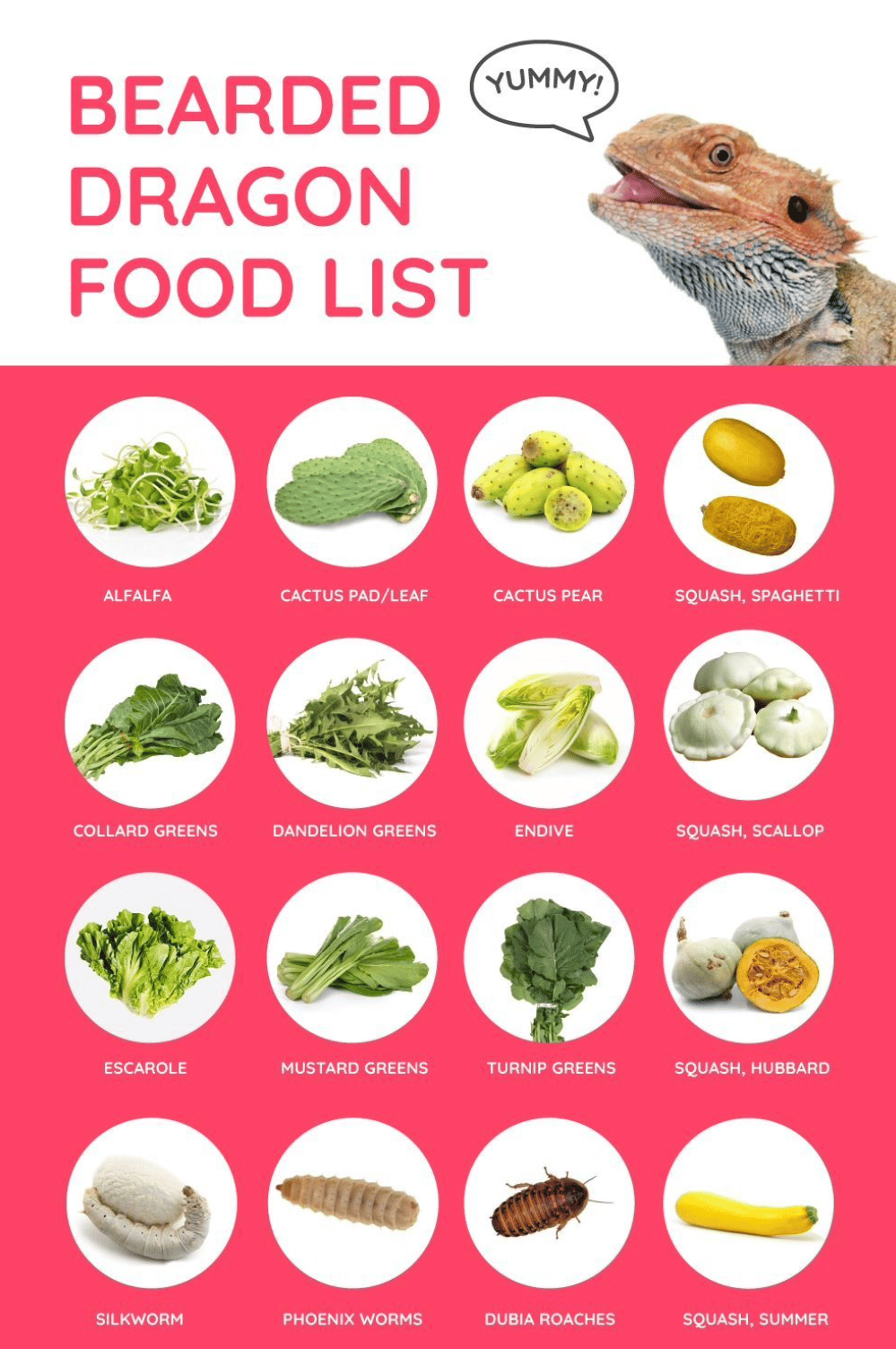
Can bearded dragons eat bananas, apples, or strawberries?
Yes! All three of these are perfectly fine for bearded dragons to eat.
In fact, it’s a good idea to feed them all kinds of fruit and vegetables from time to time, as they will provide different kinds of vitamins and minerals that your Bearded dragon needs in order to grow healthy and strong.
Should we give Supplements & Vitamins to a bearded dragon?
This is a bit of a tricky question, as there are pros and cons to both sides. On one hand, supplements and vitamins can be very beneficial for bearded dragons. They provide important nutrients that the dragon may not be getting from its regular diet.
However, on the other hand, it’s important to make sure that you’re only giving your Bearded dragon supplements and vitamins if it is specifically recommended by a vet, too much of certain minerals or vitamins can be harmful to them!
What Kind of supplements and vitamins can we give to the Bearded dragon?
There is a range of different supplements and vitamins that you can give to your Bearded dragon, depending on what they need. Here are some of the most common ones:
– Calcium supplement: This is important for bearded dragons as it helps with their bone health.
– Multivitamin supplement: A multivitamin supplement will help with the overall health of your bearded dragon.
– Vitamin D supplement: This is probably one of the most important supplements for bearded dragons, as it helps with calcium absorption and also promotes healthy bones!
-Vitamin A supplement: This is also important for their overall health.
– Probiotics supplement: These are especially helpful if your bearded dragon has recently had antibiotics or any other kind of medication, as Probiotics help to replenish the good bacteria in their gut that may have been lost through this process!.
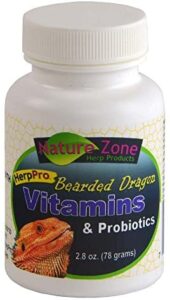
– Herptivite – This is a supplement that helps with the digestion of protein.
– Calcium dusting powder: Although not strictly a vitamin or supplement, it’s worth mentioning as bearded dragons love to lick off anything sweet! So by using calcium dusting powder you can give your Bearded dragon an extra boost of calcium.
Other supplements are also available that you can use, but it’s best to speak with a vet about what is right for your bearded dragon.
Are supplements good for bearded dragon health?
Yes, supplements and vitamins can have a range of benefits for bearded dragons, but it’s important to use them properly.
For example, too much of certain minerals and vitamins can be harmful, so always speak with a vet before giving supplements or vitamins to your Bearded dragon.
What are the side effects of giving supplements to bearded dragons?
Just like with any other kind of medication, there can be side effects to giving supplements and vitamins to bearded dragons. These can include things such as diarrhea, vomiting, or changes in behavior. If your dragon experiences any adverse reactions after taking supplements or vitamins, stop giving them and speak to a vet immediately.
Can bearded dragons eat grapes?
Yes, bearded dragons can eat grapes, and they are a good source of vitamin C for bearded dragons. Grapes help them absorb calcium. Grapes are good for their digestion because they contain fiber, water, and other nutrients.
Can bearded dragons eat oranges?
Yes! Bearded Dragons can eat oranges too, after all, it is a citrus fruit like lemons or grapefruit. Oranges provide them with vitamin A (beta-carotene).
Can bearded dragons eat broccoli?
Yes, they can! Broccoli is a great source of vitamin A, B, and C. It also helps them absorb calcium. But make sure you cook it before giving it to your dragon as raw vegetables are hard for them to digest.
Can bearded dragons eat blueberries?
Yes, Bearded dragons can eat blueberries, but they should only be given as a treat as they are high in sugar. Blueberries provide bearded dragons with antioxidants, which are good for their health.
Can bearded dragons eat watermelon?
Watermelons are a great choice of fruit for bearded dragons as they contain a lot of water and sugar. This makes them a good source of energy for bearded dragons.
Can bearded dragons eat bananas?
Yes, Bearded dragons can be fed bananas, but they are high in sugar and should only be given as a treat.
Can bearded dragons eat apples?
Yes, Bearded dragons can eat an apple, just make sure it is not the core or seeds which contain arsenic. Apple provides some vitamin C and fiber, but it is high in sugar.
Can bearded dragons eat strawberries?
Bearded Dragons can feed on strawberries, just make sure they are not too big for them to swallow or spiky which could cause injury! Strawberries provide good amounts of vitamins A and C. Bearded Dragons should not regularly consume foods that contain a lot of sugar because it could cause obesity which leads to other health problems like diabetes.
Can bearded dragons eat kale?
Yes, Bearded Dragons can eat kale as part of their regular diet. They should be given as a treat, but not too much.
Can bearded dragons eat carrots?
Bearded Dragons can eat carrots as part of their regular diet, and they provide good amounts of vitamins A and C! Remember to feed them sparingly though, or else give them a separate fruit salad.
Can bearded dragons drink milk?
No, bearded dragons cannot drink any kind of milk. Milk is not good for them and can actually cause health problems. Stick to water instead!
Can bearded dragons eat peanuts?
Bearded Dragons can eat certain kinds of nuts in moderation, but they are high in fat so should never be given as a main food source!
Should bearded dragons eat crickets?
Bearded Dragons should only eat crickets if they are being used as part of a live food diet. If your dragon is eating mostly vegetables, then they don’t need any live food supplements.
Can bearded dragons eat baby food?
Bearded Dragons can be fed certain kinds of baby food, but it should only be given as a treat and not too often. It also needs to have vegetables mixed in for its diet!
Can bearded dragons eat cucumbers?
Cucumber is an essential part of a balanced diet for bearded dragons. It is low in fat and a good source of vitamin A, potassium and magnesium. Frequency of feeding bearded dragon cucumbers should be limited to once or twice per week due to its high water content.
Can bearded dragons eat pumpkins?
Yes, pumpkin is a healthy food choice for bearded dragons and should be fed more than once a week.
Can bearded dragons eat lettuce?
Lettuce is a good source of vitamin A, potassium, and magnesium. It can be fed high in fiber and provides important vitamins and minerals like beta-carotene, vitamin C, potassium, and zinc.
Can bearded dragons eat spinach?
Yes, spinach can be fed to bearded dragons without any problems. Spinach is an excellent source of dietary fiber, as well as vitamins A.
Can I feed my bearded dragon dog food?
No! Dog food is completely unsuitable for bearded dragons, as it contains too many fats and not enough of the nutrients that bearded dragons need. Stick to feeding them a diet specifically designed for Bearded Dragons!
Can I feed my bearded dragon live food?
Yes! Live food is a great way to supplement your bearded dragon’s diet, and they will love eating it. Some good options are crickets, mealworms, etc.
Conclusion
So there you have it – the top 26 questions about the bearded dragons’ diet answered! Remember to always consult with a vet before making any changes to your dragon’s diet, and make sure that they are getting a variety of different fruits and vegetables in order to stay healthy and happy.

